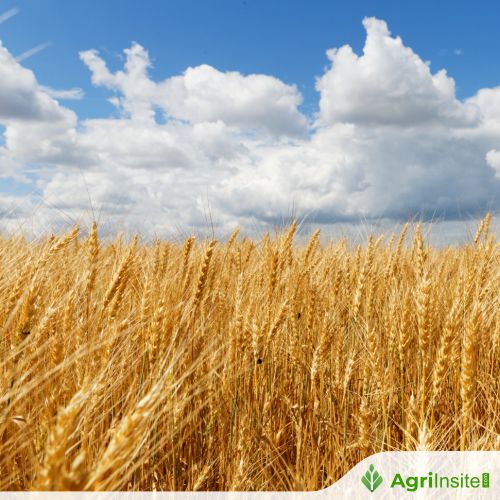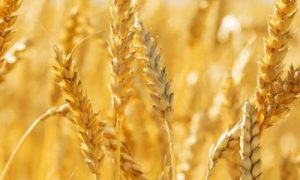Warmer, drier Feb likely to hit wheat crop: IMD

IMD forecasts a hotter, drier February, threatening wheat at flowering and grain-filling stages. Mustard and chickpea may mature early, while apples and stone fruits risk premature bud break, affecting yield. January 2025 was the third warmest on record, with below-normal rainfall. Farmers are advised to apply light irrigation to mitigate the adverse effects on crops.
NEW DELHI: The India Meteorological Department (IMD) on Friday forecast a drier and hotter February which would cause adverse impact on standing food grain crops like wheat at flowering and grain filling stages. Horticulture crops like apple and stone fruits may experience premature bud break.
January 2025 was the third warmest and received the fourth lowest rainfall since 1901. In its February forecast, the IMD said the rainfall averaged over North India is most likely to be below normal. “Further, monthly rainfall over the country as a whole during February 2025 is also most likely to be below normal,” said Mrutyunjay Mohapatra, director general, meteorology.
The IMD has predicted that the monthly minimum temperatures during February 2025 are most likely to be above-normal over most parts of the country. Similarly, monthly maximum temperatures are likely to be normal to above normal over most parts of the country.
The country’s mean temperature in January was 18.98 degrees Celsius, the third highest for the month since 1901, behind 1958 and 1990.
“Below normal rainfall along with higher temperatures over the plains of Northwest India would adversely impact food grains and horticulture crops,” said Mohapatra. “It would have a significant adverse impact on standing crops like wheat at flowering and grain filling stages.
Crops like mustard and chickpea may also experience early maturity whereas horticultural crops like apple, and other temperate stone fruits may experience premature bud break and early flowering due to warmer temperatures, resulting in poor fruit setting and quality which may ultimately reflect in poor yield,” he said.
In view of hotter and drier climate conditions, farmers are advised to go for intermittent light irrigation to minimise the adverse impact and sustain the crop growth. “However, due to expected normal to below normal maximum temperature over Uttar Pradesh and Madya Pradesh, the adverse impacts of cold wave on field crops will be limited,” IMD said.
Despite January receiving seven western disturbances, rainfall was too less. Moreover, four western disturbancesmoved in quick succession during January 16-23. Only the western disturbance during January 9-13 was active which moved from Iran to Punjab across central Pakistan and caused a wet spell over Northwest and adjoining Central India and Delhi during January 10-13.
“All these western disturbances were not having sufficient moisture incursion and hence did not cause any significant rain or snow,” said Mohapatra.
To read more about Wheat News continue reading Agriinsite.com
Source : The New Indian Express

















